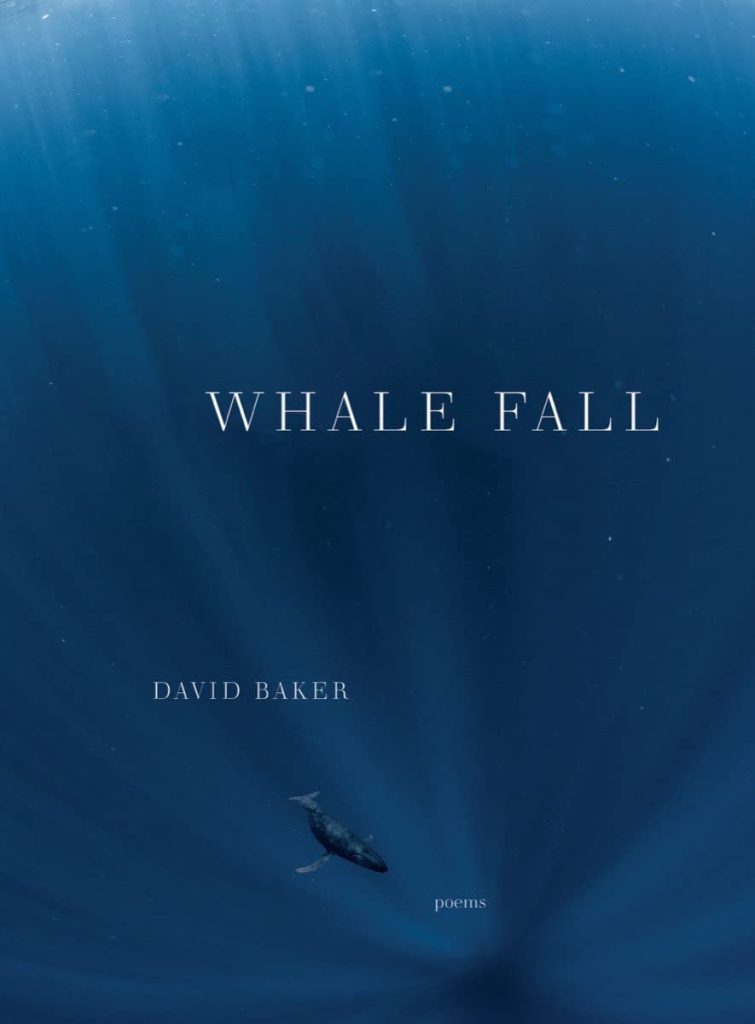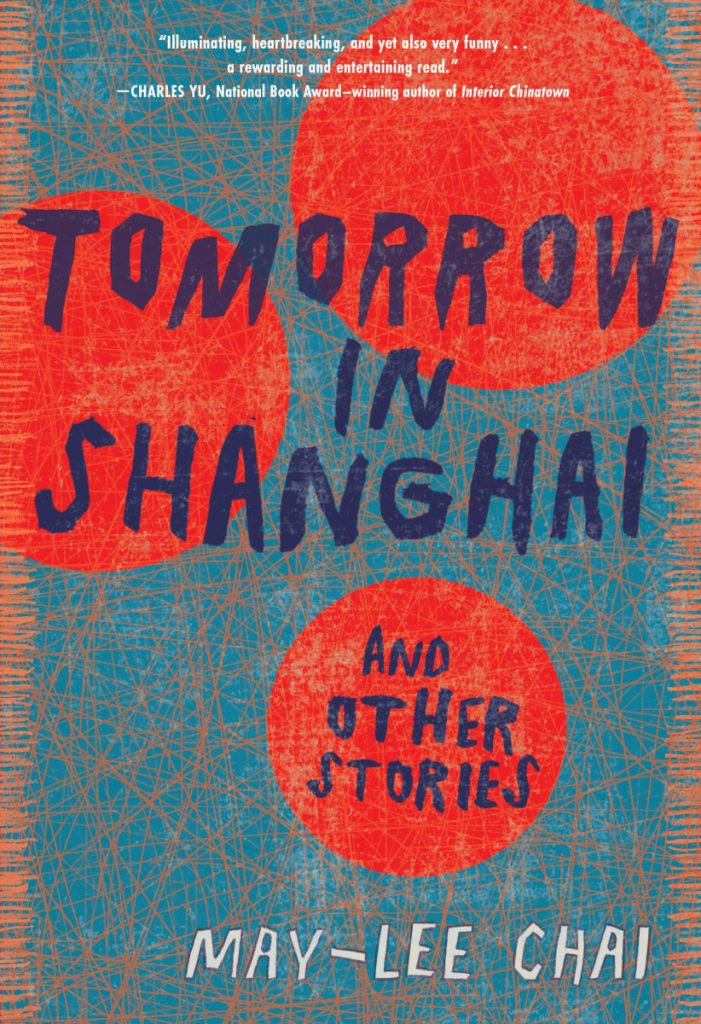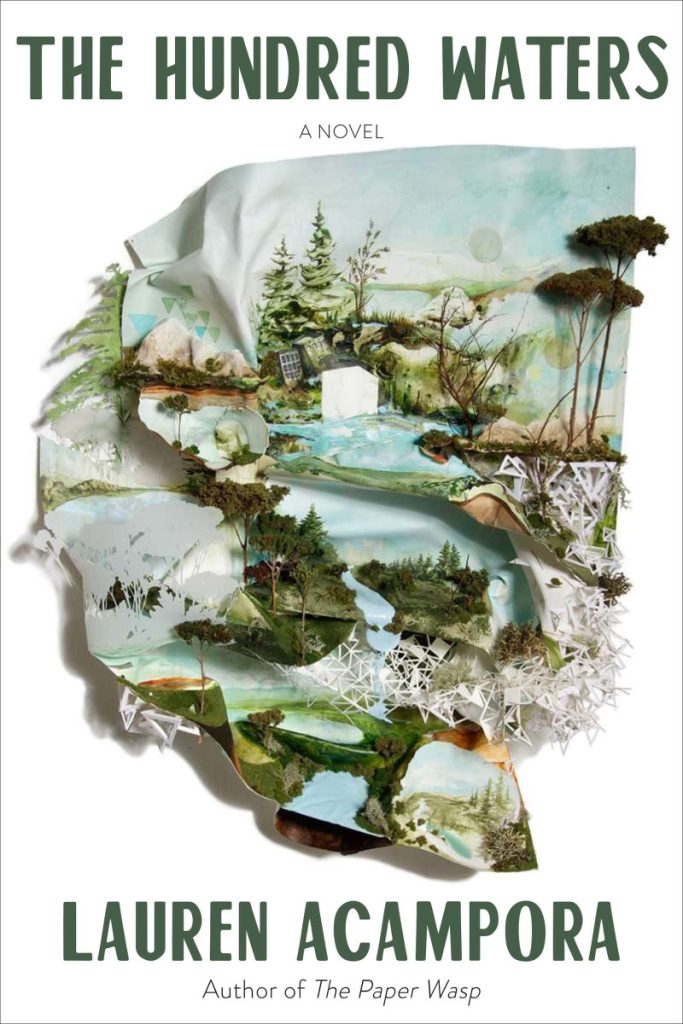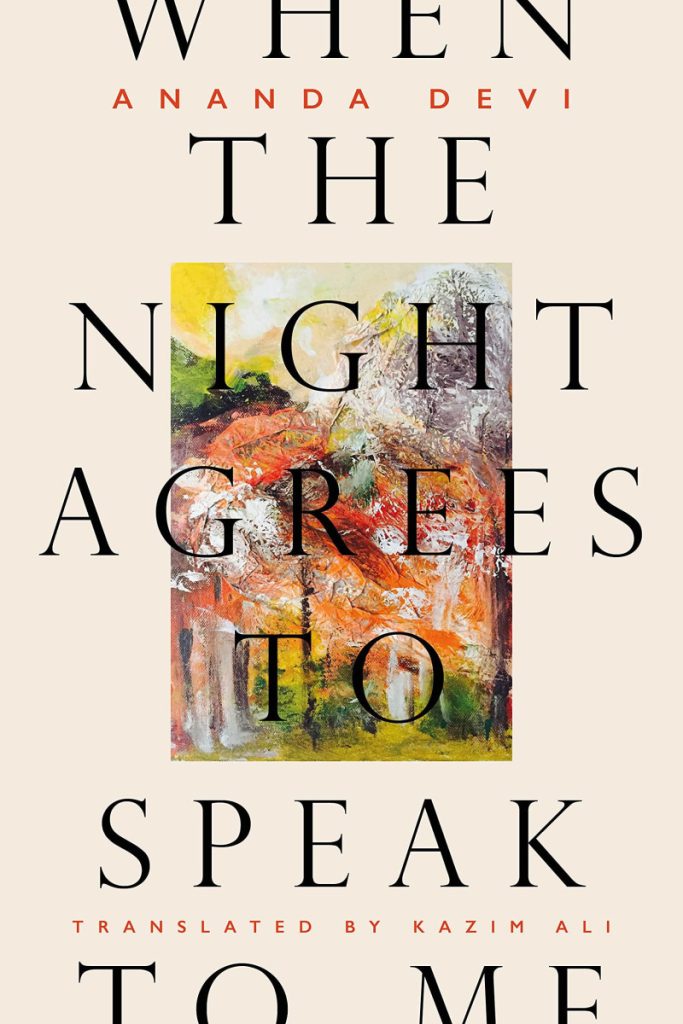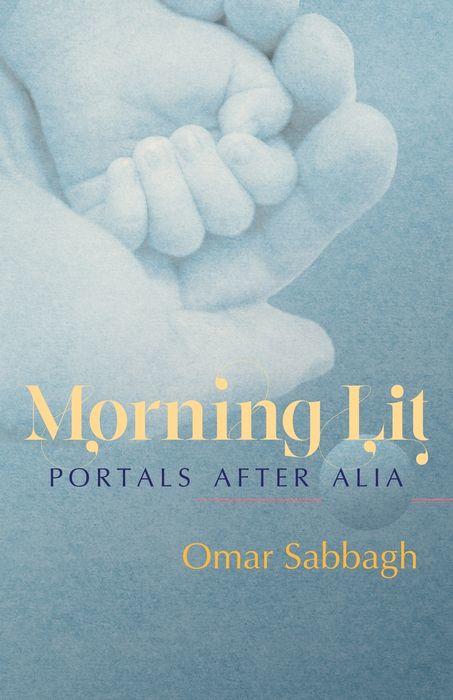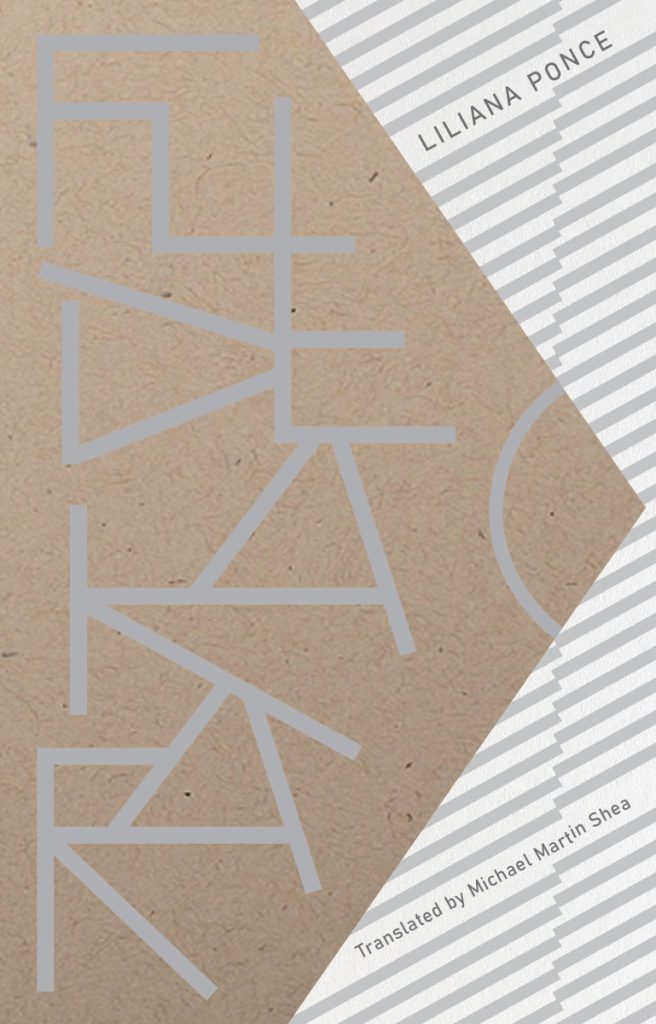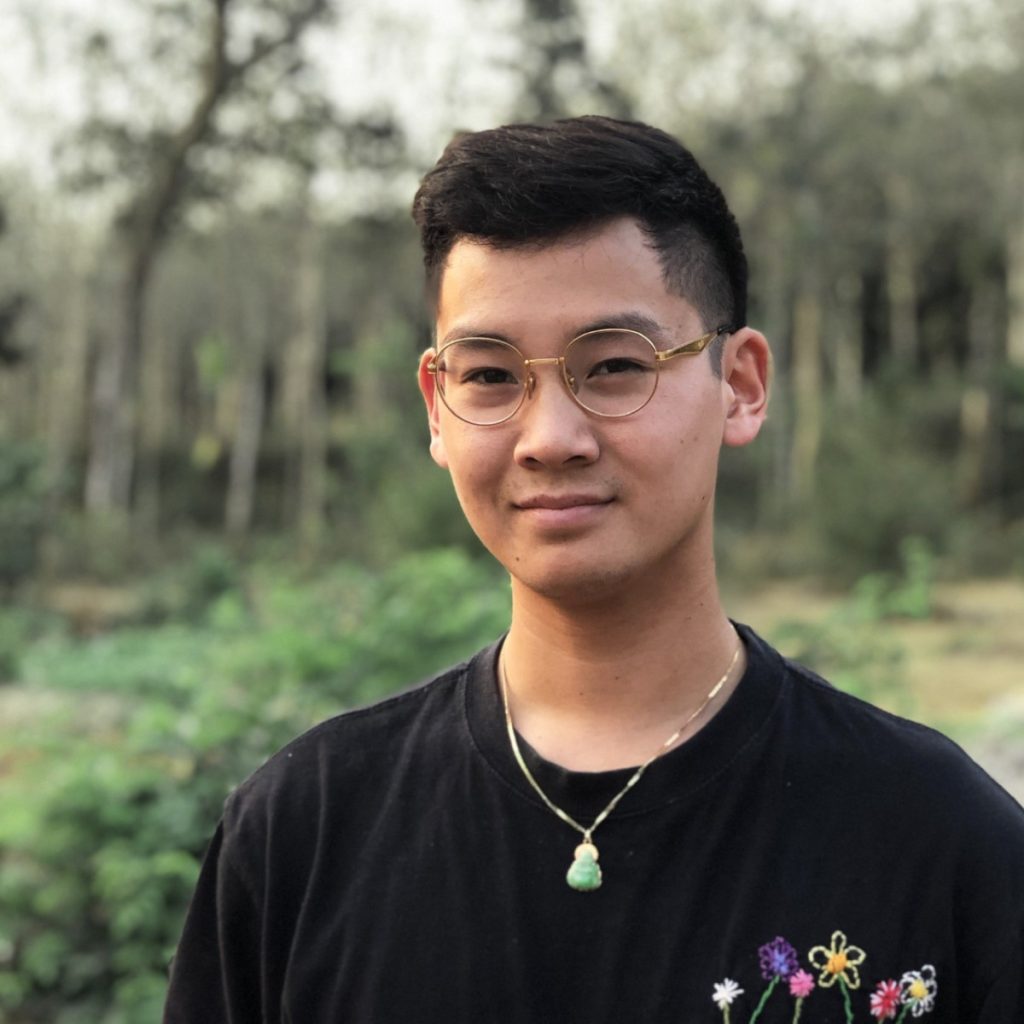
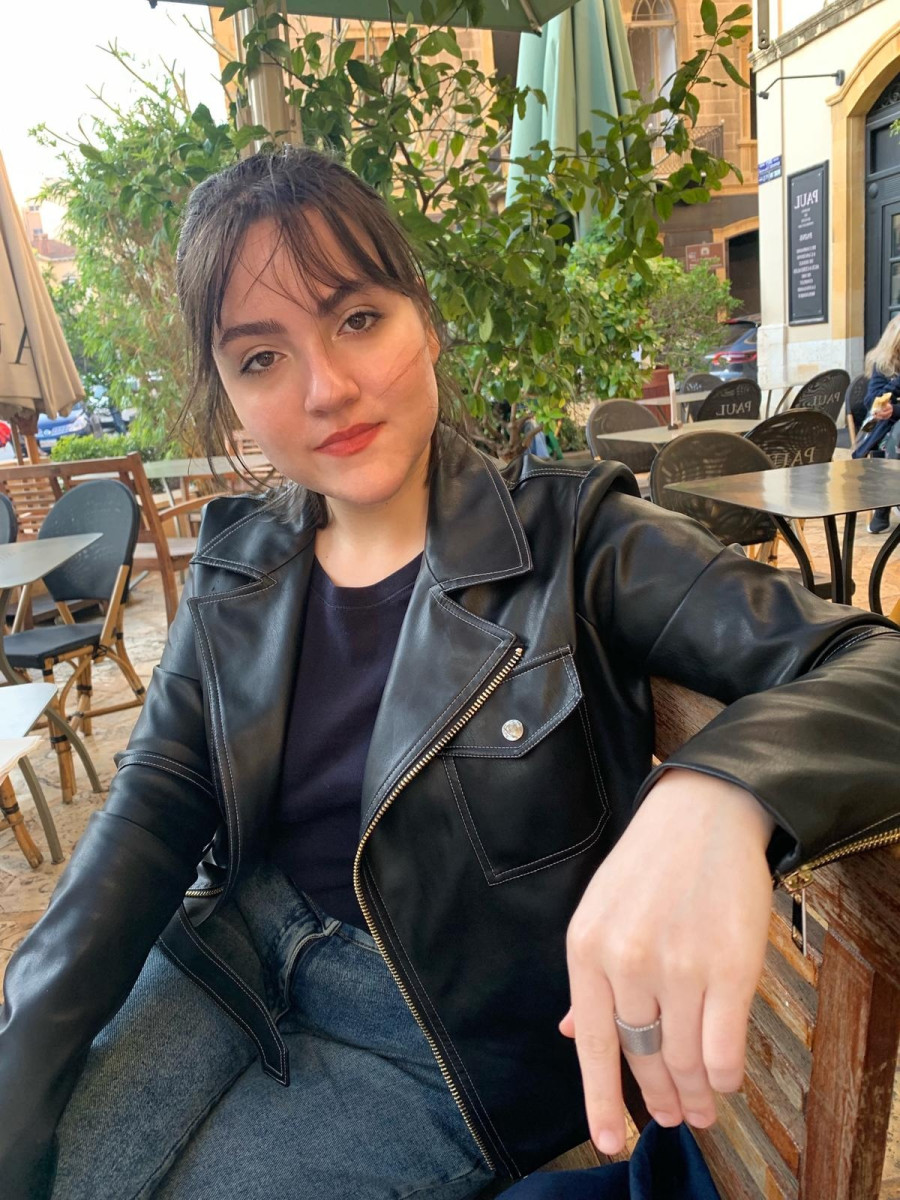
Milia Ayache (left) and Amina Hassan (right)
“This play couldn’t have been anything but collaborative, because it came out of this rupture of a moment right before the revolution.”
Created, edited, and hosted by NER summer interns Andrew Grossman and Kate Sadoff, NER Out Loud episode 20 presents a dramatic reading from the play “Splits/kin,” co-authored by Milia Ayache and Amina Hassan, followed by a conversation with the authors.
The excerpt from the play is performed by Leslie Sainz and Andrew Grossman. The wide-ranging conversation, which brings voices together from Vermont, Beirut, and Berlin, focuses on the process of creative collaboration during a time of anxiety and upheaval.
“Splits/kin” was originally published in NER 43.2 (summer 2022) as part of the international feature on Lebanese writers.
Listen to the new episode on Soundcloud—and subscribe!
Andrew Grossman and Kate Sadoff are Middlebury College students, both English majors with a focus on creative writing, class of 2023.5. As NER‘s summer podcast and publicity interns for 2022, they also produced NER Out Loud Episode 21, featuring fiction writer A. E. Kulze, which will be released later this fall.

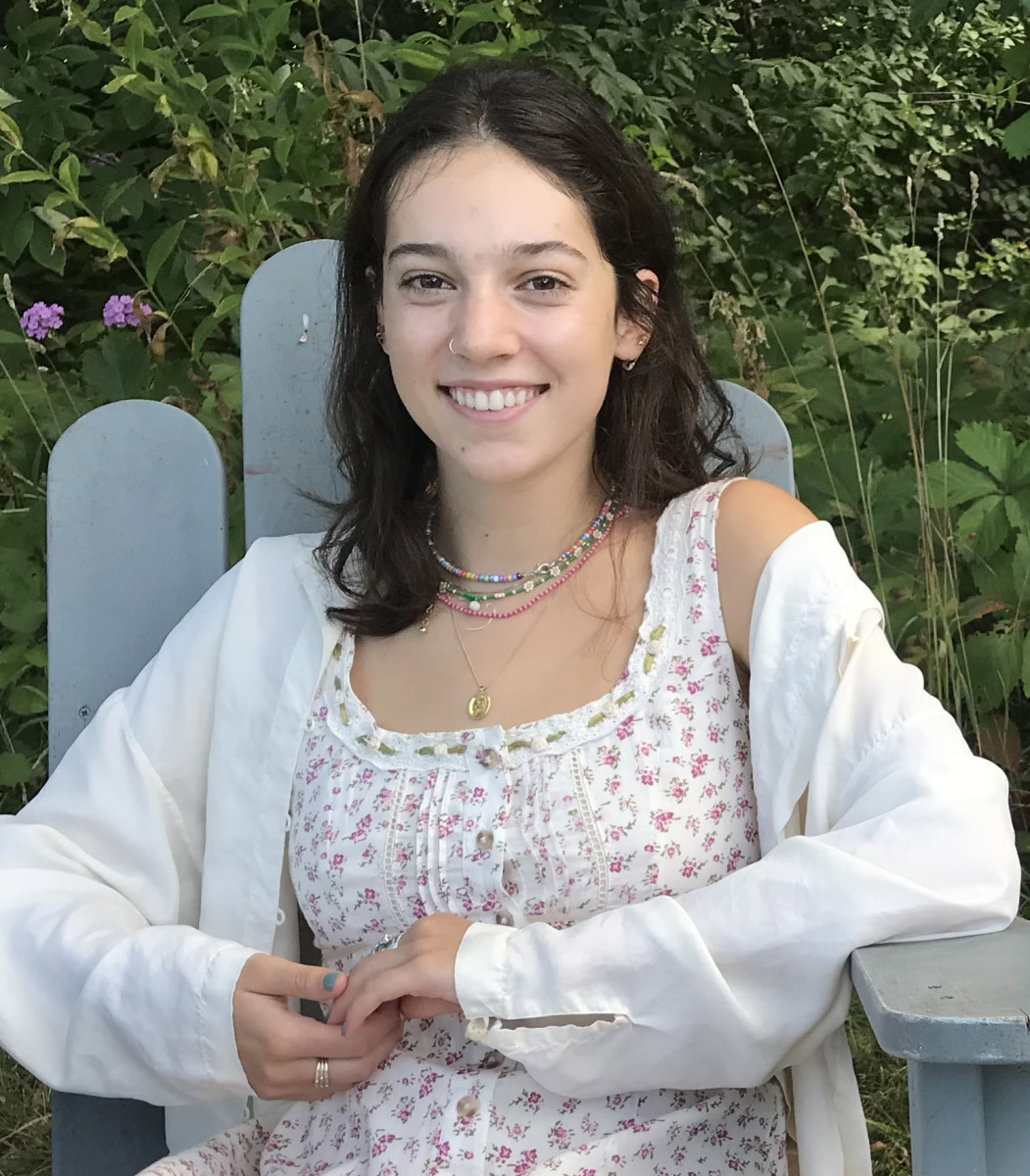
Andrew Grossman (left) and Kate Sadoff (right)

